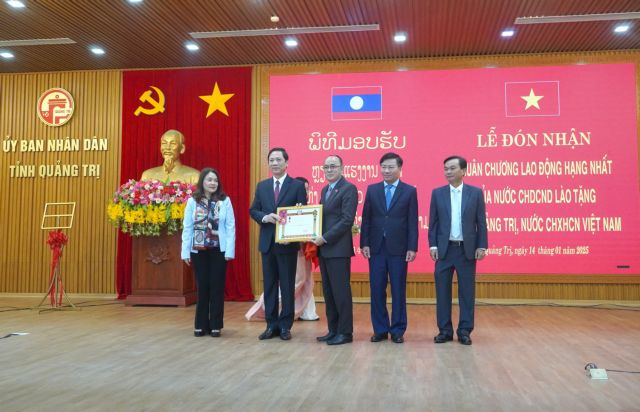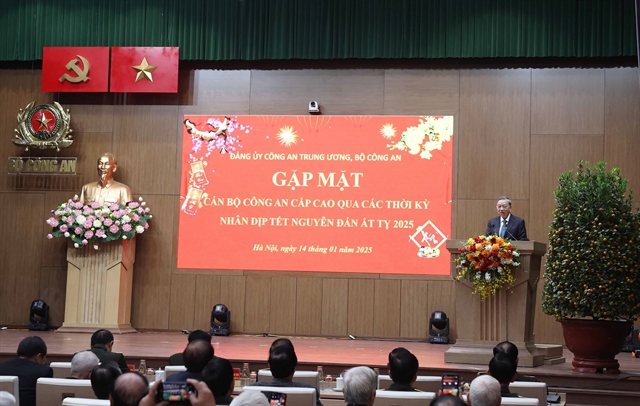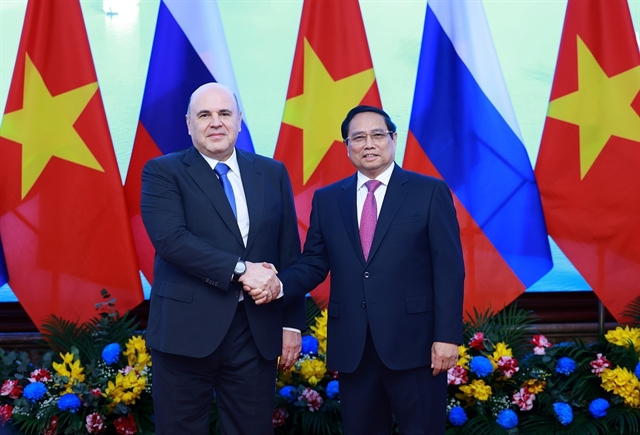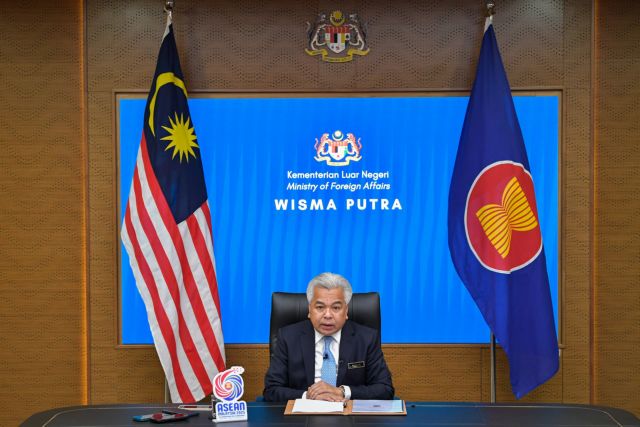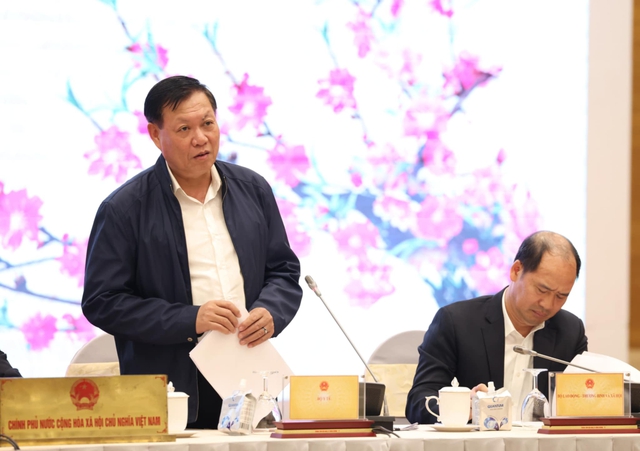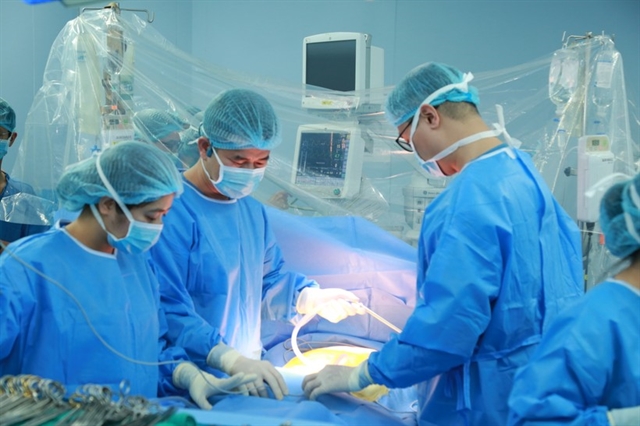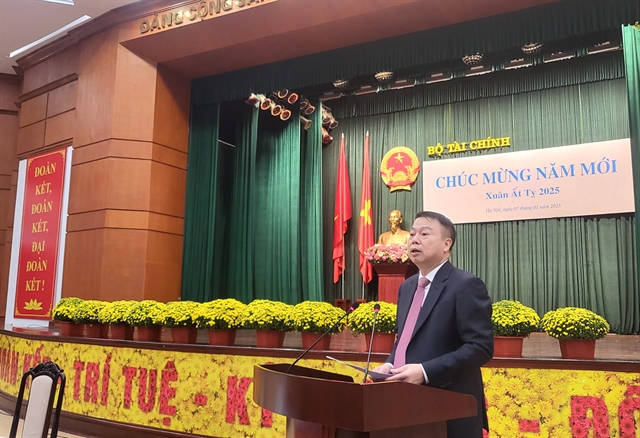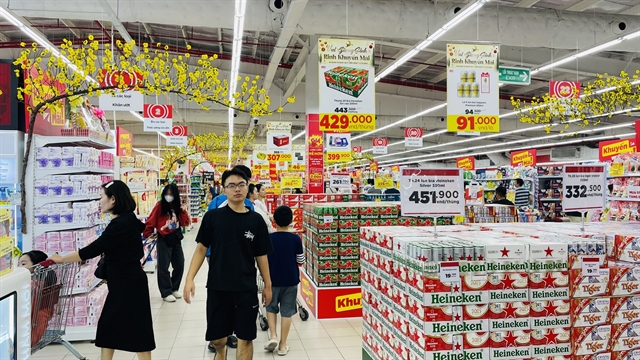 Society
Society
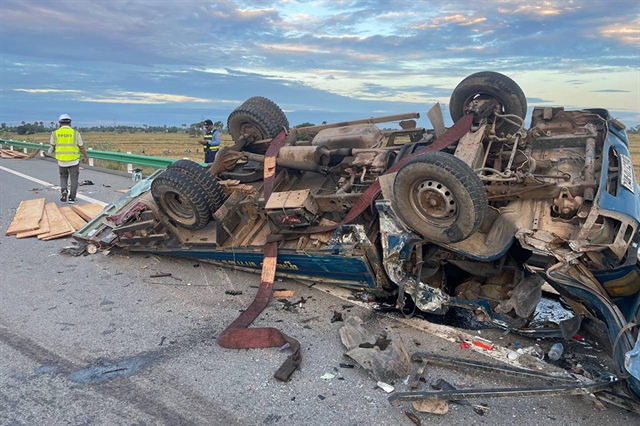
The theme of environmental auditing that Việt Nam has chosen for the Asian Organisation of Supreme Auditing Institutions (ASOSAI) as it hosts the event has received unanimous approval from the member states and showcased the Vietnamese Government’s commitment to sustainable development.
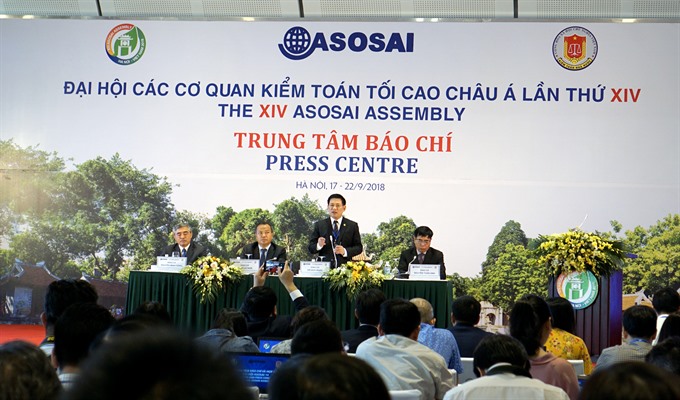 |
| Auditor General Hồ Đức Phớc responded to media queries at the press conference on the 14th assembly of Asian Organisation of Supreme Auditing Institutions (ASOSAI), which is to be held in Hà Nội during September 17-22. — VNS Photo Trọng Kiên |
HÀ NỘI — The theme of environmental auditing that Việt Nam has chosen for the Asian Organisation of Supreme Auditing Institutions (ASOSAI) as it hosts the event has received unanimous approval from the member states and showcased the Vietnamese Government’s commitment to sustainable development.
Hồ Đức Phớc, head of the State Audit of Việt Nam (SAV), made the comment at a press conference on September 17 regarding the 14th meeting of the ASOSAI, slated to be held in Hà Nội from September 19-22.
Auditor General Phớc said that the ASOSAI assembly is held every three years, gathering the heads of member states’ auditing institutions, to discuss and make decisions via majority voting on documents, regimes and mechanisms necessary to achieve the organisation’s goals and development objectives. It is also a platform for sharing experiences related to public auditing activities.
The 2018 assembly, held for the first time in Việt Nam since the country joined ASOSAI since 1997, is expected to see the attendance of 250 delegates from 46 Asian auditing institutions as well as representatives from the International Organisation of Auditing Institutions and other international organisations as observers.
Three-hundred and fifty Vietnamese delegates, representing the Communist Party, Government, socio-political organisations and academia, were also expected to attend various activities held within the framework of the event.
In Việt
The chief auditor said that the division would grow into its own separate unit, however, adding that the “consolidation of the division’s human resources and operations is still underway.”
Via the assembly, SAV would like to learn from the experiences and best practices from other countries with more developed auditing systems, Phớc said.
Việt Nam’s auditing currently has strengths in legal compliance and financial auditing, while remaining weak in operational auditing – including environment, IT, or natural resources auditing – the areas in which it is seeking to build up internal capacity.
“Việt
The hosting of the ASOSAI XIV also means the State Audit of Việt
ASOSAI 14 will also be the first assembly to issue a declaration, the Hà Nội declaration, which contains members’ commitments on public auditing with a focus on sustainable development and environmental protection.
ASOSAI 14 assembly is one of Việt

